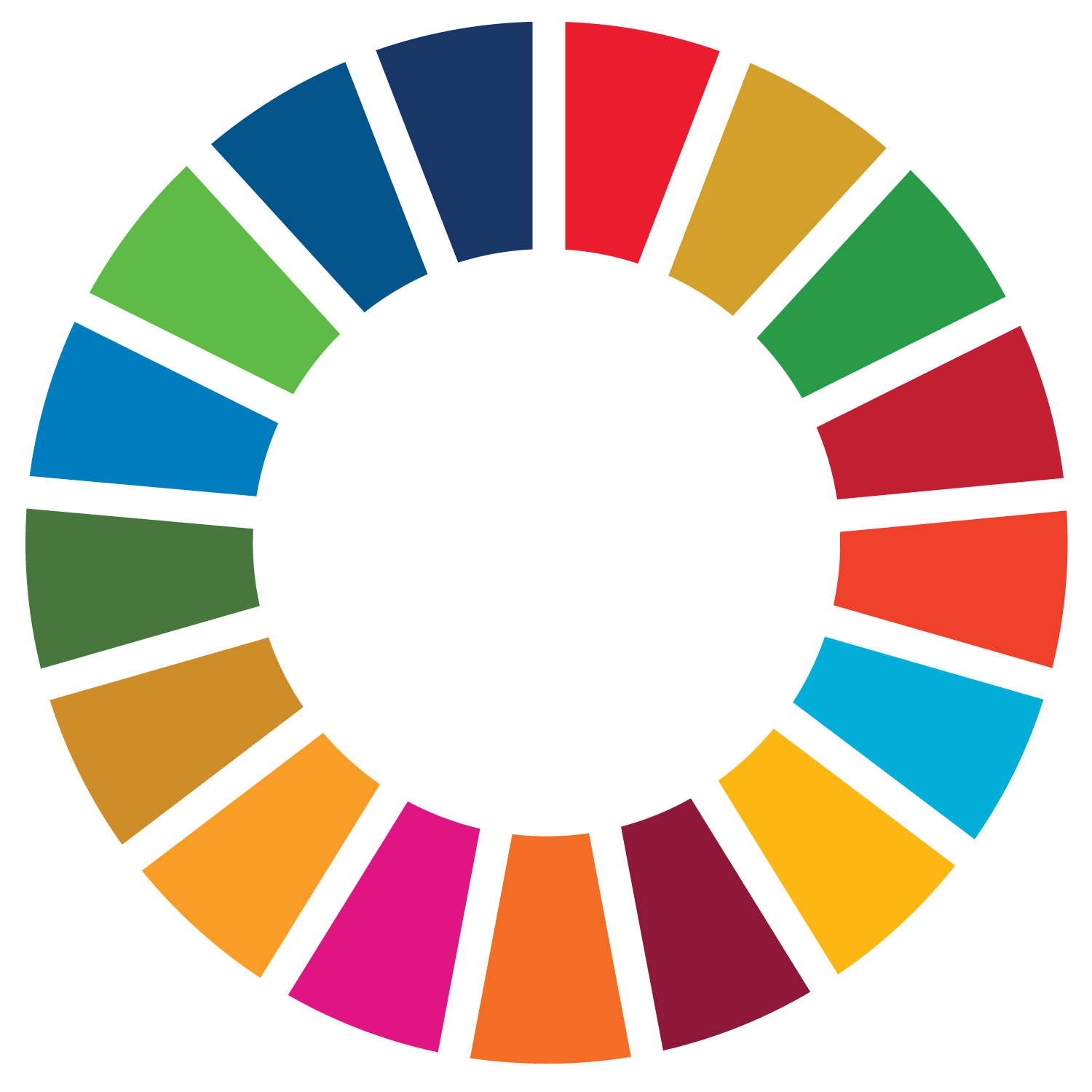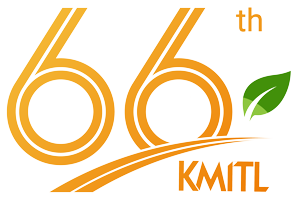Waste Management Policy
King Mongkut’s Institute of Technology Ladkrabang
Waste Management Policy King Mongkut’s Institute of Technology Ladkrabang
Waste Management Policy King Mongkut’s Institute of Technology Ladkrabang
King Mongkut’s Institute of Technology Ladkrabang (KMITL) is committed to advancing its operations in alignment with and in support of the Sustainable Development Goals (SDGs) — the 17 global goals adopted by the United Nations for sustainable development. In this regard, the Institute has established a Waste Management Policy to serve as a practical guideline for all departments and units within the institution. The policy is intended to promote consistent, sustainable, and environmentally responsible practices in waste management, as outlined below:
1. The Institute and all affiliated units shall establish and develop a comprehensive waste management system, encompassing all stages from source to final disposal. Emphasis shall be placed on the participation of the KMITL community, including staff members, students, and vendors or service providers operating within the Institute’s premises. The goal is to ensure an integrated, practical, and effective approach to waste management throughout the institution.
2. The Institute and all affiliated units shall reduce waste generation and implement waste segregation in accordance with the 3Rs principle, which includes: Reduce – minimizing resource consumption and waste generation, Reuse – maximizing the use of materials through repeated usage, and Recycle – recovering materials for reuse in production or consumption. A target shall be set for the Institute to utilize no less than 30% of the total waste generated for beneficial purposes.
3. The Institute and all affiliated units shall encourage the KMITL community and all users of institutional spaces, including organizers of activities within the Institute’s premises, to actively participate in environmental conservation for both terrestrial and marine ecosystems. This shall be promoted through the reduction of single-use plastic by opting for materials, raw ingredients, and products that are environmentally friendly, in accordance with the guidelines established by the Institute.
4. The Institute and all affiliated units shall implement a waste segregation system and conduct measurements of the volume of each waste category prior to disposal or reuse.
5. The Institute and all affiliated units shall promote projects and activities that raise awareness among the KMITL community regarding waste reduction, segregation, and reuse. These efforts aim to cultivate a sustainable waste management culture and encourage efficient resource utilization as part of the Institute’s organizational identity.
6. The Institute and all affiliated units shall encourage collaborative efforts in teaching, research, and innovation related to sustainable waste management, with active participation from the KMITL community.
7. The Institute and all affiliated units shall work toward developing the KMITL community as a role model in sustainable waste management and extending best practices to surrounding communities, society, and the nation.
8. The Institute and all affiliated units shall establish measurable sustainability targets, and conduct regular monitoring, evaluation, and reporting of progress, thereby contributing meaningfully to the achievement of the SDGs.


